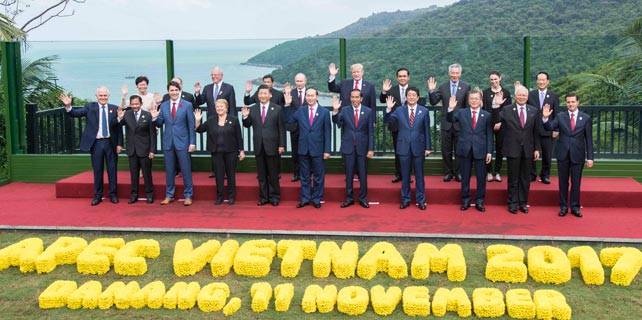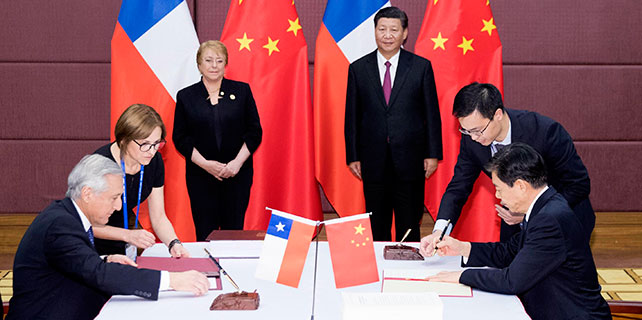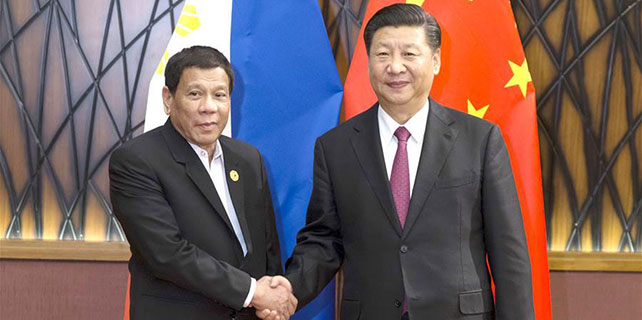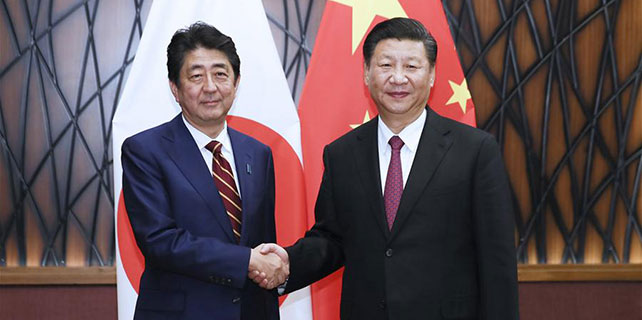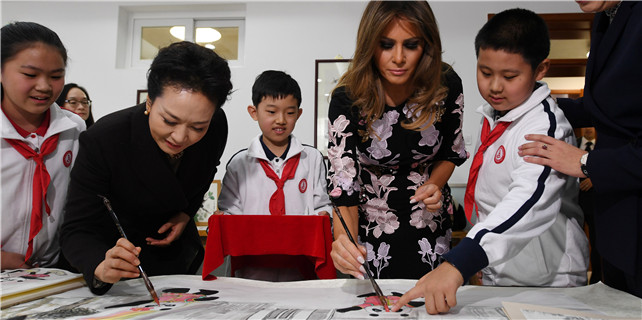Firms see boom in defense deals
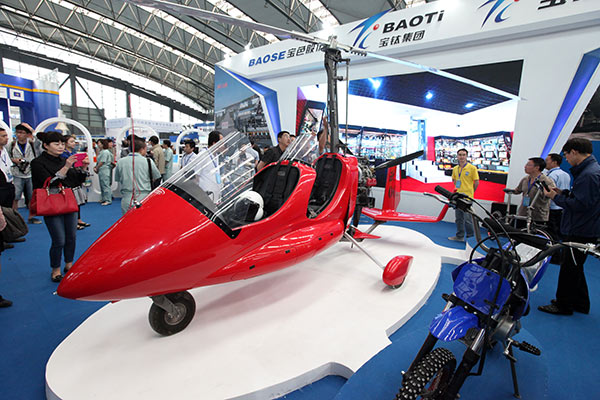 |
|
A rotorcraft made by Baoti Group at an exhibition in Baoji, Shaanxi province. The central government has put forward a series of policies to promote civil-military integration in recent years. ZHAO ZHAO/CHINA DAILY |
The next five to 10 years will turn out to be golden age in the annals of the Chinese defense-related industry as more financial and technical resources will flow from the civilian side, market insiders said.
The defense-related industry needs many assets, technologies and human resources. Some of them entail high business risk and require a long-gestation period. This would create big growth potential for investors, said Liu Na, co-founder of Beijing Dalin Investment Management, a defense-focused institute, at a forum in Beijing.
In recent years, the central government has put forward a series of policies to promote civil-military integration.
By 2020, a collaborative innovation system is expected to be established with open and shared basic resources and scientific achievements between military groups and civil companies in multiple fields, according to the 13th Five-Year Plan for Civil-Military Integration in Technological Field, jointly released by the Ministry of Science and Technology and the Commission of Science and Technology of the Central Military Commission in August.
As one of the first investors focusing on civil-military integration in China, Dalin helped several private enterprises to participate in defense-related projects by attracting investment and establishing links with market players.
Among them, Acoinfo, a technology startup, has sold its operating system to clients among the top 10 defense-related suppliers and some across aerospace, industrial control and rail traffic sectors, the company said.
Mao Huojun, investment director of Dalin, said since the defense industry has great potential in China, the company lays much emphasis on incubating and accelerating private companies whose business can complement listed defense goods production groups or those that have certain strengths in related fields like intelligent guidance systems.
The company raised 1.7 billion yuan ($258 million) since 2016 for mergers and acquisitions in the defense-related industry.
More companies, especially listed ones, are seeking to enter the industry through M&As. At the same time, many startups in the fields of equipment manufacturing and informatization are in need of funding, new markets and technology.
So, the two sides-civil and defense-have many opportunities for cooperation, Mao said.
"The goal of civil-military integration is to bring profits for both military groups and civil companies," said Xu Genchu, former vice-president of the PLA Academy of Military Science.
Acoinfo began as a startup with about 10 technicians. Today, it is a high-tech company with completely independent intellectual property rights.
Xu said the average rate of return in technology transfers has reached 55 percent. However, that in technology development is only 22 percent.
Besides, about 80 to 90 percent of high-tech computerization in countries like the United States and Germany came from civil companies. This suggests there could well be much room for civil companies to explore in defense-related fields in China as well, Xu said.
- NATO defense ministers agree on creating two new commands
- Staying committed to the Chinese path of building strong armed forces and fully advancing the modernization of national defense and the military
- When on defense, be active or passive
- Xi: Defense industry's reforms key
- Province provides key green line of defense against threat of deserts




